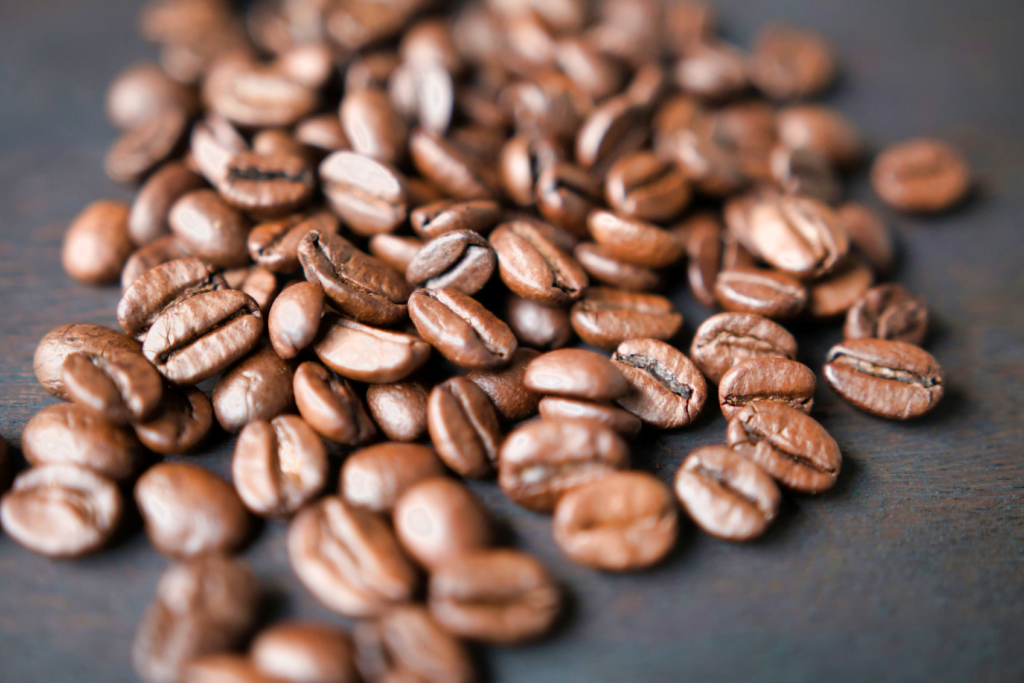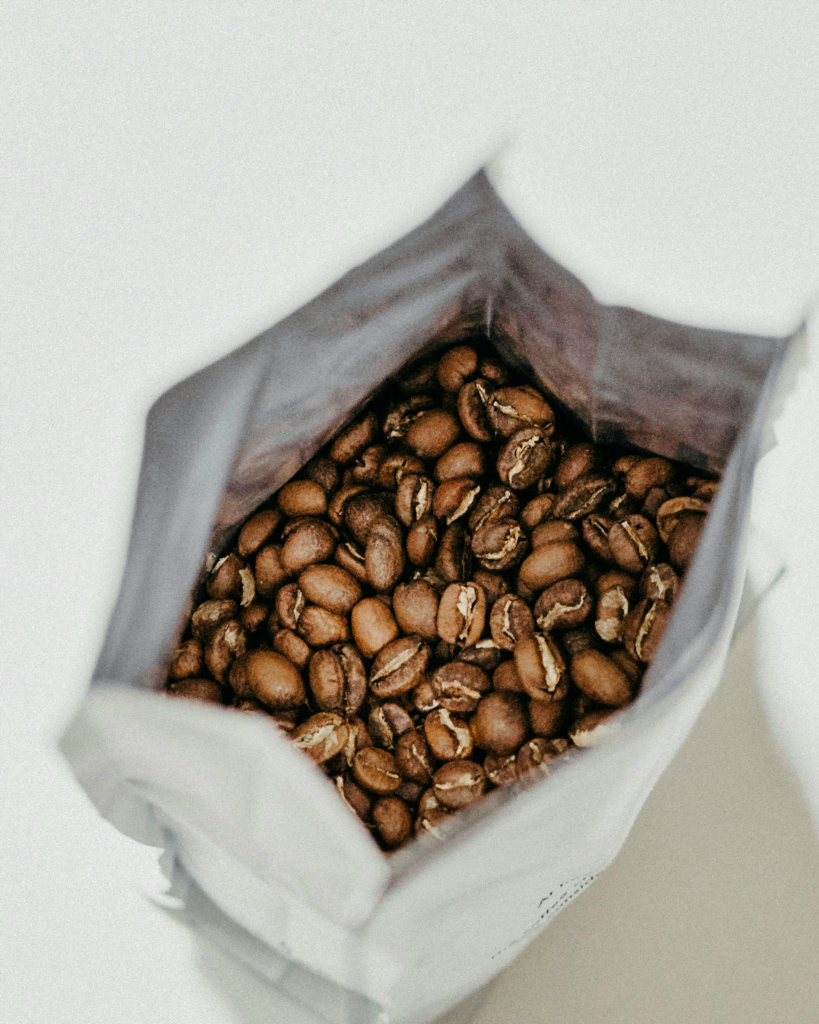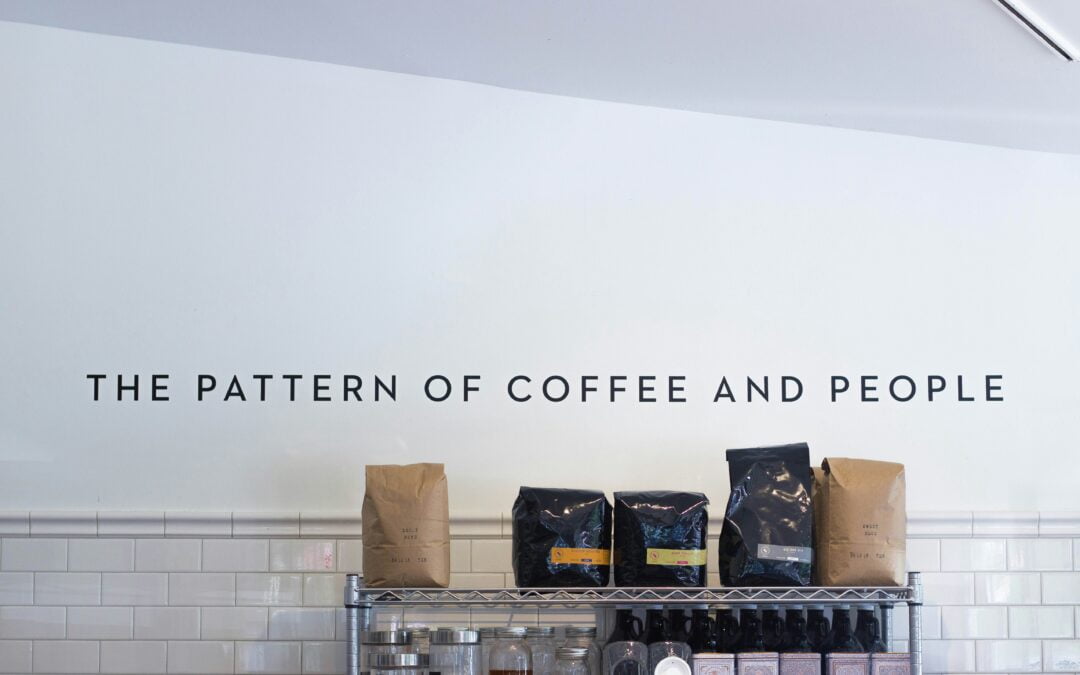Wasn’t life simpler when you had no idea? Whatever coffee smelled good and tasted good enough. But you just had to go and try good coffee. Now you’re stuck, you know what’s good and can’t go back anymore.
You’re not alone, a whole lot of people have upped their coffee game since 2020. People started making coffee at home and realized they deserved better than plain old Folgers.
The problem with having nice coffee? Now you have to think about expiration dates. God forbid you have to toss out a bag of specialty coffee. You worked hard for that bag, so let’s not have it go to waste.
Does coffee go bad?
First thing’s first, does coffee even go bad? I mean, in theory everything has a shelf life. But you’ve never had to worry about expired coffee in the morning before have you?
The general answer? No, coffee doesn’t go bad if it’s vacuum packed and stored at a cool temperature. It remains food safe indefinitely.
The realistic answer? After a while, your coffee may be drinkable, but you wouldn’t want to. Once it’s gone bad, it won’t taste good anymore so outside of a caffeine emergency, you’re better off buying a fresh bag.
The best way to tell is to just use your nose. If it smells unpleasant, it’s gone bad and you should throw it out. If it doesn’t smell of much, it’s gone stale and is still drinkable but you should adjust your expectations.
Stale vs rancid

To get really nerdy about it, your coffee can go bad by going stale or getting rancid.
Wait, isn’t that the same? Kind of, but there’s a difference, let us explain because coffee can go bad for multiple reasons and at different stages of intensity.
When your coffee is roasted and packed, the roasted beans become hygroscopic. This means that your coffee, once opened, will absorb moisture, odors and flavors from its surroundings. If your bag is open, the entire room is considered its surroundings. That’s the first way it can go bad.
Stale taste is the second way. If you leave the coffee bag open, the oils in your coffee will oxidize and ruin the deep and complex flavors of your coffee. Your coffee will still be drinkable for these 2 ways but you just wouldn’t want to unless you really needed the coffee.
If it’s a bit too warm and damp where you store it, you’ll get mold growth on your beans. Please do not make coffee from this. No, you don’t need the caffeine that bad. Don’t trust grandpa, scraping the mold off doesn’t make it safe.
On the theme of contamination, your coffee can also get contaminated with bacteria or other chemicals if you leave it out in the open. This is rare, but who knows how violent you get when chopping chicken?
Last but not least, the worst and most disappointing way to lose your coffee is rancidity. This is the advanced version of stale coffee. When the oils have not only oxidized to the point that they cover the flavors but start to taste horrible. At this point, you might as well grind the bag and use it as compost. There’s no reason to subject yourself to rancid coffee.
How long does vacuum packed coffee last?

If properly stored, coffee can technically last forever. Why technically? Because there’s a difference between food-safe and quality. Your standard sealed coffee can will go years and remain food safe but will only taste its best for 3-5 months in the pantry. Below are 2 tables of expiration times we’ve observed throughout our years of testing.
| Sealed Coffee type | Pantry | Freezer |
| Ground Coffee | 3-5 months | 1-2 years |
| Whole Bean Coffee | 6-9 months | 2-3 years |
| Instant Coffee | 1-2 years | No change |
| Opened Coffee type | Pantry | Freezer |
| Ground Coffee | 3 months or less | 3-5 months |
| Whole Bean Coffee | 6 months or less | 2 years or less |
| Instant Coffee | 1-2 years | No change |
Remember that the key is to store coffee in a cool, dry place away from direct sunlight and moisture. Otherwise you’re gonna get some funky flavors by the time you get to your coffee.
Freezing your unopened coffee can help extend its shelf life, but make sure it’s stored in an airtight container to prevent freezer burn. The coffee itself won’t have any problems but it’s hard to keep moisture out of the bags once you’ve opened it.
A good way to keep your batch as fresh as possible is to seal the coffee within a second bag (preferably a Ziploc bag) with a moisture absorbing pack. This is obviously a lot of effort and extra money so it’s something you’ll wanna reserve for rare and expensive coffees. Our roasts might be expensive by a regular person’s standards, but we hesitate to tell you they’re worth buying desiccant packs for.
Closing thoughts
If you need your caffeine fix, you’re safe to drink something that went stale. But the quality part is what you’re gonna hate if you got yourself some nice coffee.
So long as you make sure to store your new purchases in the freezer until you open it, you won’t have to think about opening a spoiled bag. And as for storing it, obviously keep it as airtight as you can. Not just to avoid spoilage, but to keep everything as far from funky flavors it might accidentally absorb as possible.
FAQ
Does coffee go bad over time?
If properly stored, coffee is food-safe indefinitely. However, coffee will oxidize and begin to taste bad over time.
Does coffee expire if unopened?
Yes, coffee expires even if unopened but you have about a year until that happens. Check the expiration date on the bag, it’s close to that with a few weeks of safety margin.
How long does a ground coffee last?
If unopened, your standard can of ground coffee will last indefinitely however it’s at its best within the first 3-5 months. 3-5 because you don’t know how long the can had been sitting on the shelf before you bought it.
How long does coffee last after it’s brewed?
In most cases, your coffee will stay warm and taste its best for the following 20-30 minutes. As for how long it’s safe to drink, you’re looking at around 2 hours. Any longer and that and you’ve given bacteria enough time to contaminate the coffee.
How to tell if Coffee is bad?
The best way to tell if coffee’s gone bad is to use your nose. Coffee, regardless of roast intensity, should smell pleasant.
How to store coffee beans to extend its shelf life?
The best way to keep your coffee beans tasting fresh is to keep it in the freezer.
Another option is to order green coffee beans and roast them yourself… Whatever makes you happy.
How to store ground coffee to extend its shelf life?
If still sealed, the best place to store your ground coffee is to put it in the freezer.
